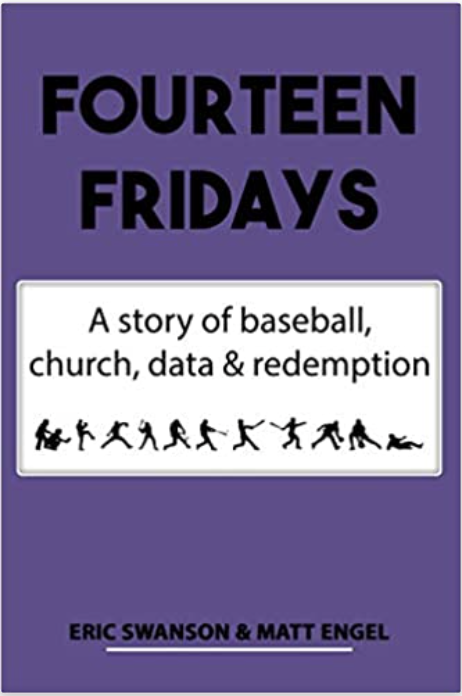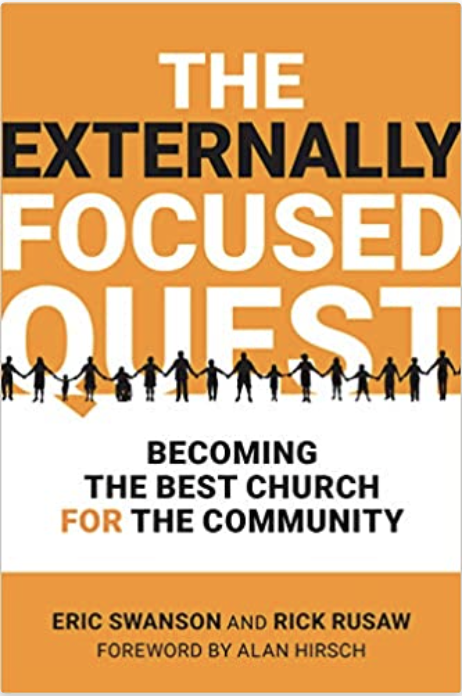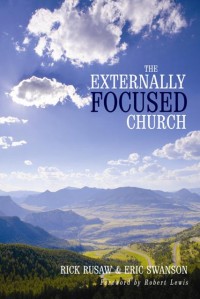Moneyball and your marriage
 Most of you have seen the movie Moneyball, based on Michael Lewis’ book of the same title. The story is built around how manager, Billy Beane, used statistical analysis to build a contending world championship team. Until Billy Beane’s approach, conventional wisdom held that big league scouts could best pick winning players, based on their batting average or such externals as their smooth swing, an athletic appearance or how good looking a player’s girlfriend was (“It shows confidence”). Instead of being swayed by such externals, Billy Beane looked at one statistic—the on-base percentage of players. How often did the players get to first base (no inference to relationships intended here though it does seem to fit)? Only players who got to first base had the potential to score.
Most of you have seen the movie Moneyball, based on Michael Lewis’ book of the same title. The story is built around how manager, Billy Beane, used statistical analysis to build a contending world championship team. Until Billy Beane’s approach, conventional wisdom held that big league scouts could best pick winning players, based on their batting average or such externals as their smooth swing, an athletic appearance or how good looking a player’s girlfriend was (“It shows confidence”). Instead of being swayed by such externals, Billy Beane looked at one statistic—the on-base percentage of players. How often did the players get to first base (no inference to relationships intended here though it does seem to fit)? Only players who got to first base had the potential to score.
In the October edition of Harvard Business Review (HBR) featured a very helpful article called “The True Measures of Success” (http://hbr.org/2012/10/the-true-measures-of-success/ar/1)–a helpful and thoughtful article linking activities to results. The author, Michael Mauboussin, writes, “When luck plays a part in determining the consequences of your actions…you don’t want to study success to identify good strategy but rather study strategy to see whether it consistently led to success. Statistics that are persistent and predictive and so reliably link cause and effect are indispensable in that process.” P. 52
1. Define your governing objective—What it is that you and your spouse really want? A good place to start would be together defining what you are aiming for. Let’s assume for the moment that you aspire to have a lasting marriage and an enjoyable marriage. Eschewing the advice that maybe God didn’t design marriage to make you happy but to make you holy (Ugh!) you prefer to camp out instead around, “Enjoy life with the wife God has given you all the days of your… life…” (Ecclesiastes 9:9) Enjoyable and….lasting. You don’t want to settle for enjoyable and short or lasting but miserable.
2. Develop a theory of cause and effect to assess presumed drivers of the objective. What are the big bucket causes that you think or that research shows lead to a lasting and happy marriage. “If we do more of _________, we’ll get more of __________!” So you might list things like
a. Commitment
b. Shared mission or purpose (If you don’t have one you can start with “Love God, love people and help others do the same”)
c. Having fun together—
d. Cultivating a spiritual life together
e. Small acts of affirmation, thoughtfulness and kindness
f. Etc.
3. Identify the specific activities that you can do to help achieve the governing objective. That is what are those behaviors that cause you to say, “I really like being married to you—let’s stick it out another day.”
a. A six second kiss– http://gottmantherapist.wordpress.com/2009/03/05/the-six-second-kiss-its-about-time/
b. Seven Days of Sex– http://www.amazon.com/Sexperiment-Days-Lasting-Intimacy-Spouse/dp/0446582727
c. Praying for one another–http://marriagepreparation.com/prayer_in_marriage.htm#Scientists_study_Prayer_in_Marriage.
d. Reading the Bible 4 or more times a week. Not sure about marriage but Christianity Today reports that this activity is linked to being more politically liberal (http://www.christianitytoday.com/ct/2011/october/survey-bible-reading-liberal.html)
e. Couple time (like date night) at least once a week–http://nationalmarriageproject.org/wp-content/uploads/2012/05/NMP-DateNight.pdf
f. Regular church attendance–http://www.christianpost.com/news/church-attendance-key-to-marriage-success-researcher-says-33079/
g. Whatever your pastor says
4. Evaluate the things you are doing against what is really helping you to have a happy marriage and a lasting marriage. If it isn’t working for you…for your marriage in accomplishing your goal, no matter what conventional wisdom says, you may be wise to let go of that practice and keep searching for something that works for you.
How to be a good researcher
Look for confounding variables. There is a difference between causality and correlation. (See Hawthorne Lighting Effect at http://en.wikipedia.org/wiki/Hawthorne_effect). If you want to find out if reading the Bible together four or more times a week together is the key to a great marriage (as one bit of research suggests) test this against reading anything together four or more days. You’ll may discover that the actual cause is the reading to each other and intentional time spent together that plays a more important role than the actual content of what you are reading (of course you can test this theory also). For some couples reading the Bible together may be the best thing they do. For other couples it can be the most divisive thing they do (“if you actually knew Greek you would know that Paul was not blah, blah, blah”). Because each of us has our own walk… I suspect that having a copy of Guidepost on top of the tank on your toilet may be as efficacious as in a marriage as rigorous Bible Study (but I’ll have to test that one)
Test the assumptions. In the past couple of years I have personally interviewed 60 or so relationship “champions” (My wife Liz has personally interviewed over 1,200). One minister of marriage told me that when they surveyed the 2000 couples in their church they found the biggest need for couples was “spiritual intimacy.” So the marriage pastor looked high and low for the best person to address the topic. His answer? “Spiritual intimacy is a product of physical intimacy.” I didn’t see that one coming. But if you think about it, it makes sense.
Discover what works for you and your spouse. Be your own sample group and enjoy life with the wife whom the Lord your God has given you.








